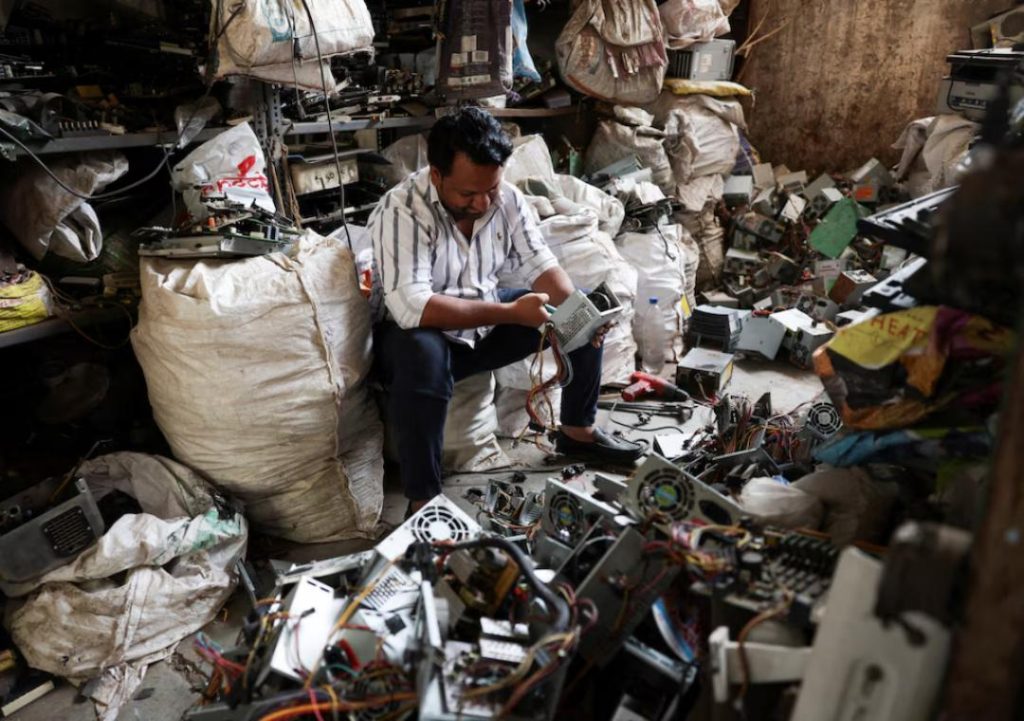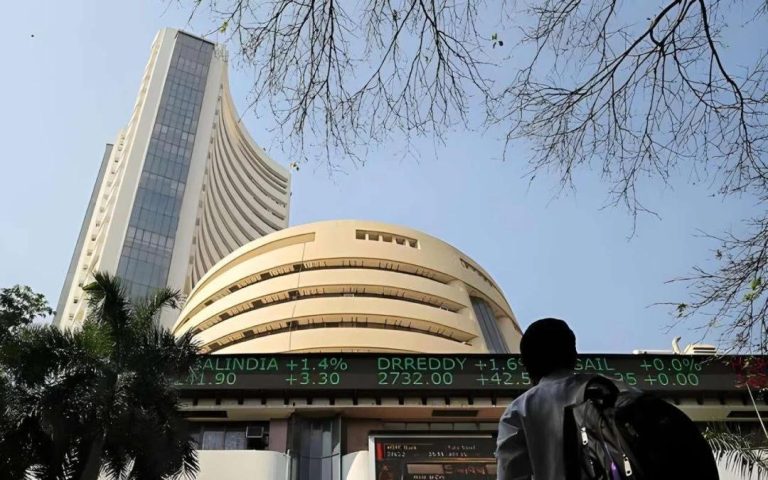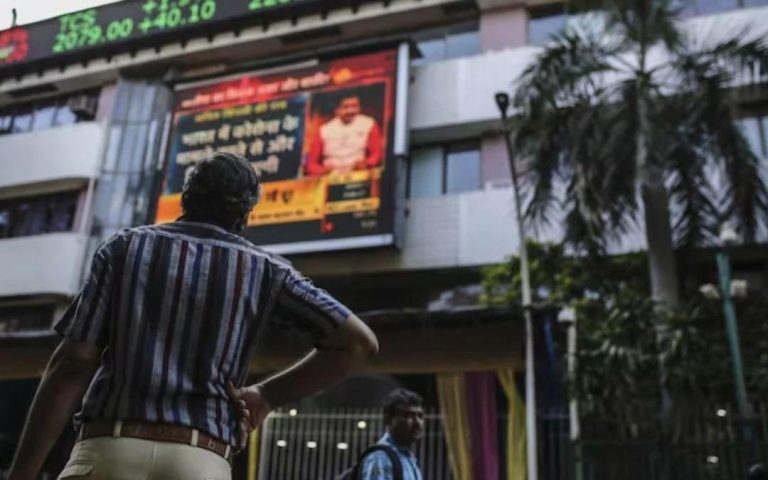
LG, Samsung Sue India over Electronic-Waste Pricing Policy: Report
In a recent development, South Korean tech giants LG and Samsung have filed lawsuits against the Indian government to cancel a policy that increases payouts to electronic waste recyclers. According to a Reuters report, the companies had earlier urged the government against a decision to fix a floor price payable to waste recyclers, citing concerns that it would impact their businesses.
The new pricing policy, which was announced by the Indian government earlier this year, aims to encourage electronic waste recycling and promote sustainable practices. However, the move has been met with resistance from LG and Samsung, which are major players in the Indian electronics market.
The companies have argued that the new price is significantly higher than the current rate, with Samsung claiming that it is 5-15 times higher. This, they say, would lead to increased costs and negatively impact their competitiveness in the market.
The Indian government’s decision to fix a floor price for electronic waste recyclers is part of its efforts to tackle the growing problem of e-waste in the country. Electronic waste, or e-waste, is a significant environmental concern globally, as it contains toxic substances like lead, mercury, and cadmium that can contaminate soil and water if not disposed of properly.
India is one of the largest generators of e-waste in the world, with an estimated 2 million metric tons of e-waste generated in 2020 alone. The country’s e-waste recycling industry is largely informal, with many recyclers operating in the unorganized sector, leading to concerns about the environmental and health impacts of the industry.
The government’s decision to fix a floor price for e-waste recyclers aims to formalize the industry and encourage responsible recycling practices. The new policy requires recyclers to pay a minimum price for each unit of e-waste they collect, which is expected to incentivize them to adopt more sustainable practices.
However, LG and Samsung argue that the new policy would increase their costs and make it difficult for them to operate in the Indian market. The companies have been major players in the Indian electronics market, with a significant presence in the country’s capital goods, consumer goods, and automotive sectors.
The lawsuits filed by LG and Samsung against the Indian government are a significant development in the ongoing debate over e-waste management in India. The companies’ concerns about the impact of the new policy on their businesses highlight the complexities of e-waste management and the need for a balanced approach that takes into account the interests of all stakeholders.
In conclusion, the lawsuits filed by LG and Samsung against the Indian government over the electronic-waste pricing policy highlight the complexities of e-waste management in India. While the government’s decision to fix a floor price for e-waste recyclers aims to promote sustainable practices, the companies’ concerns about the impact on their businesses underscore the need for a balanced approach that takes into account the interests of all stakeholders.






